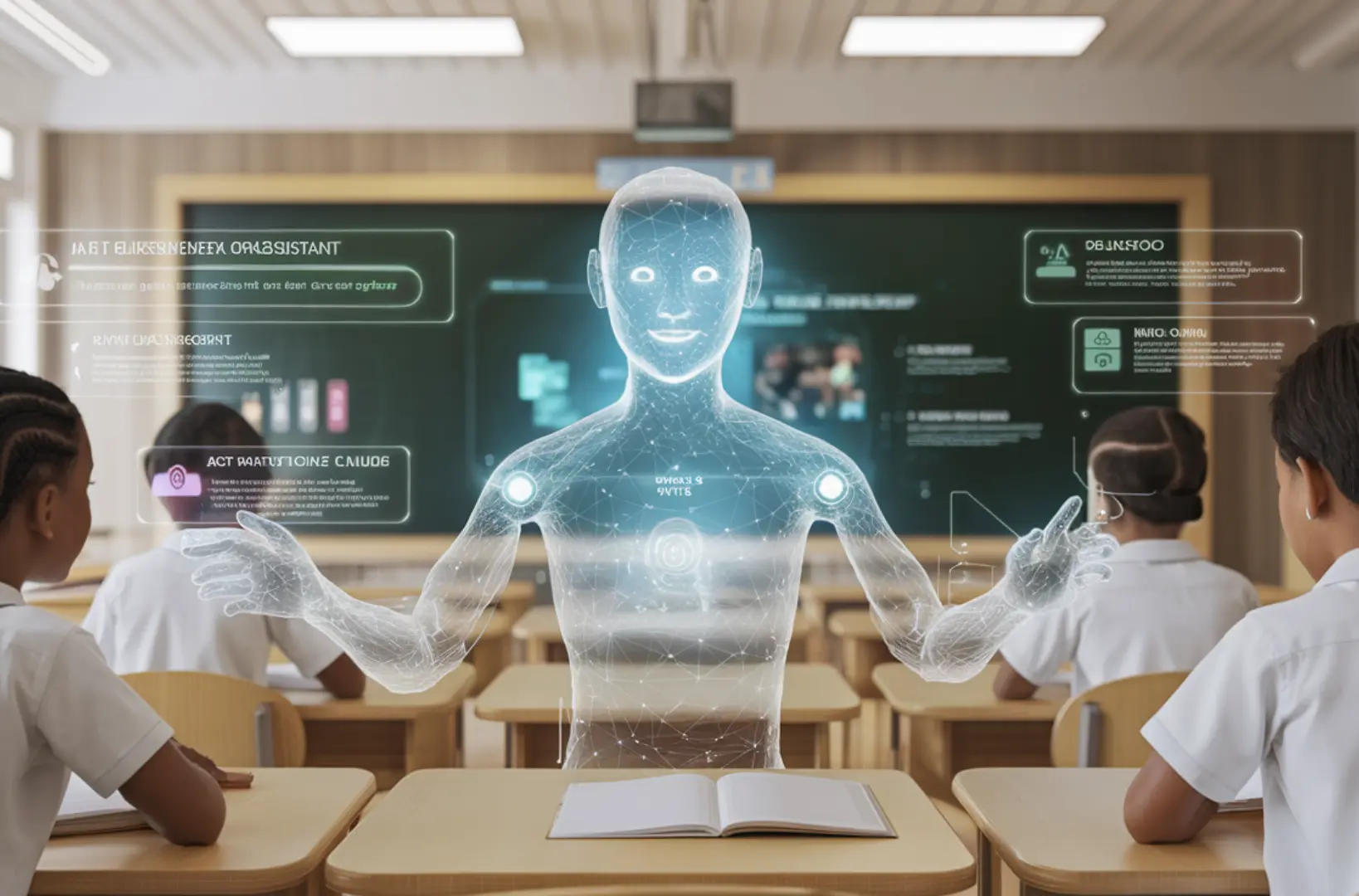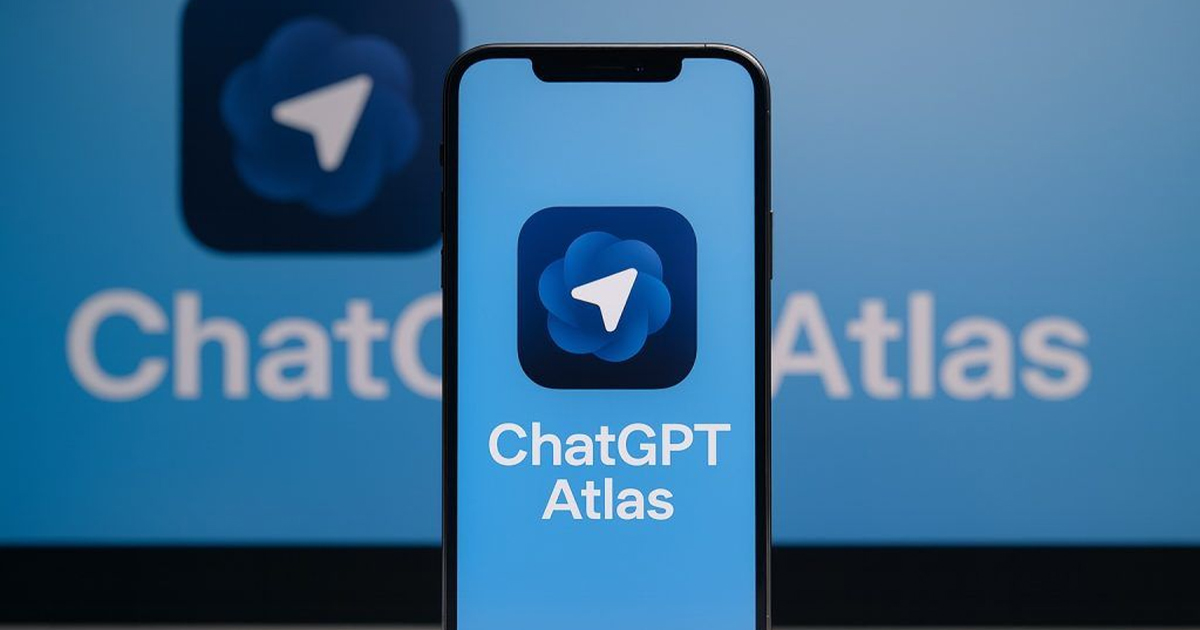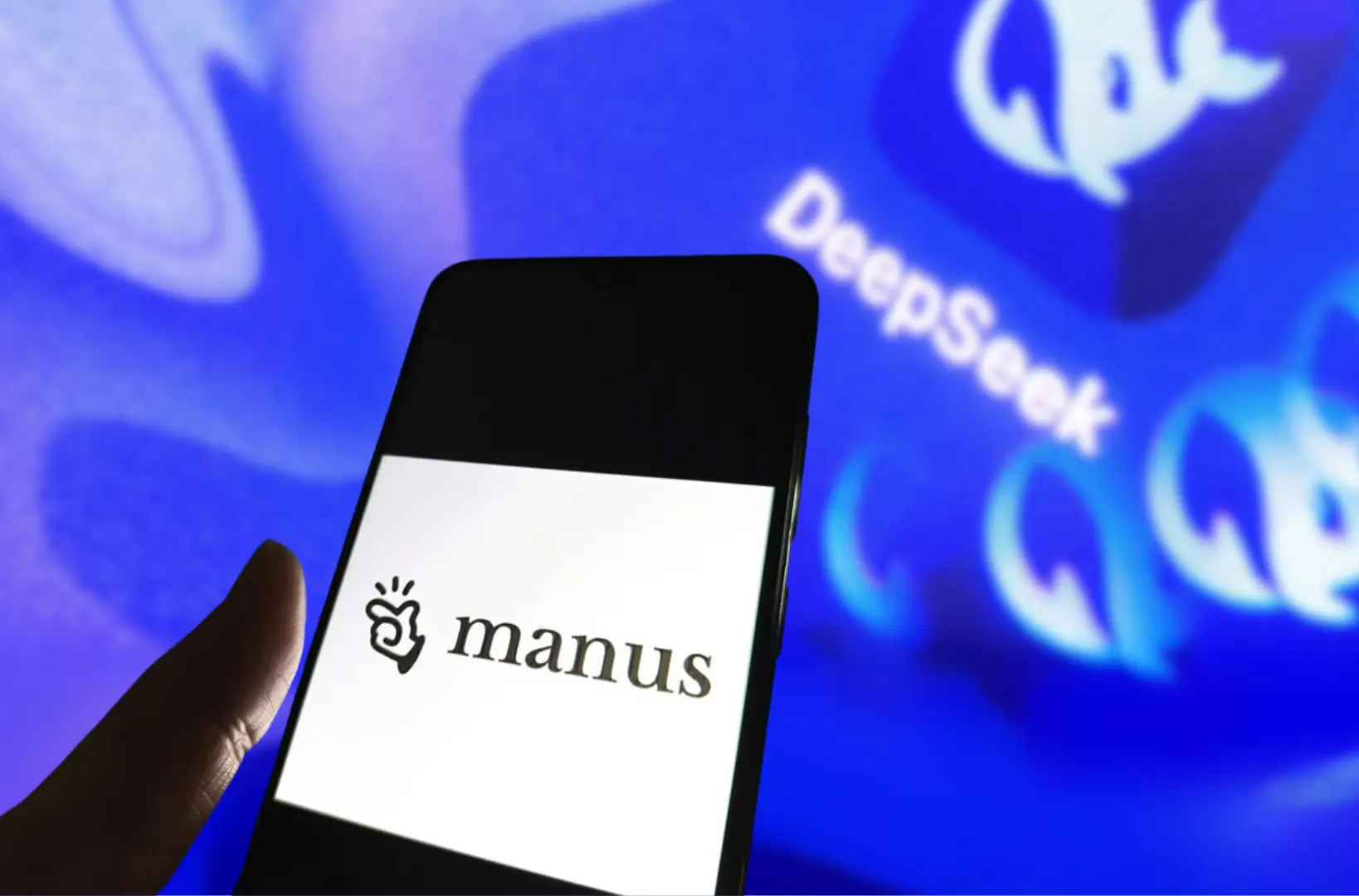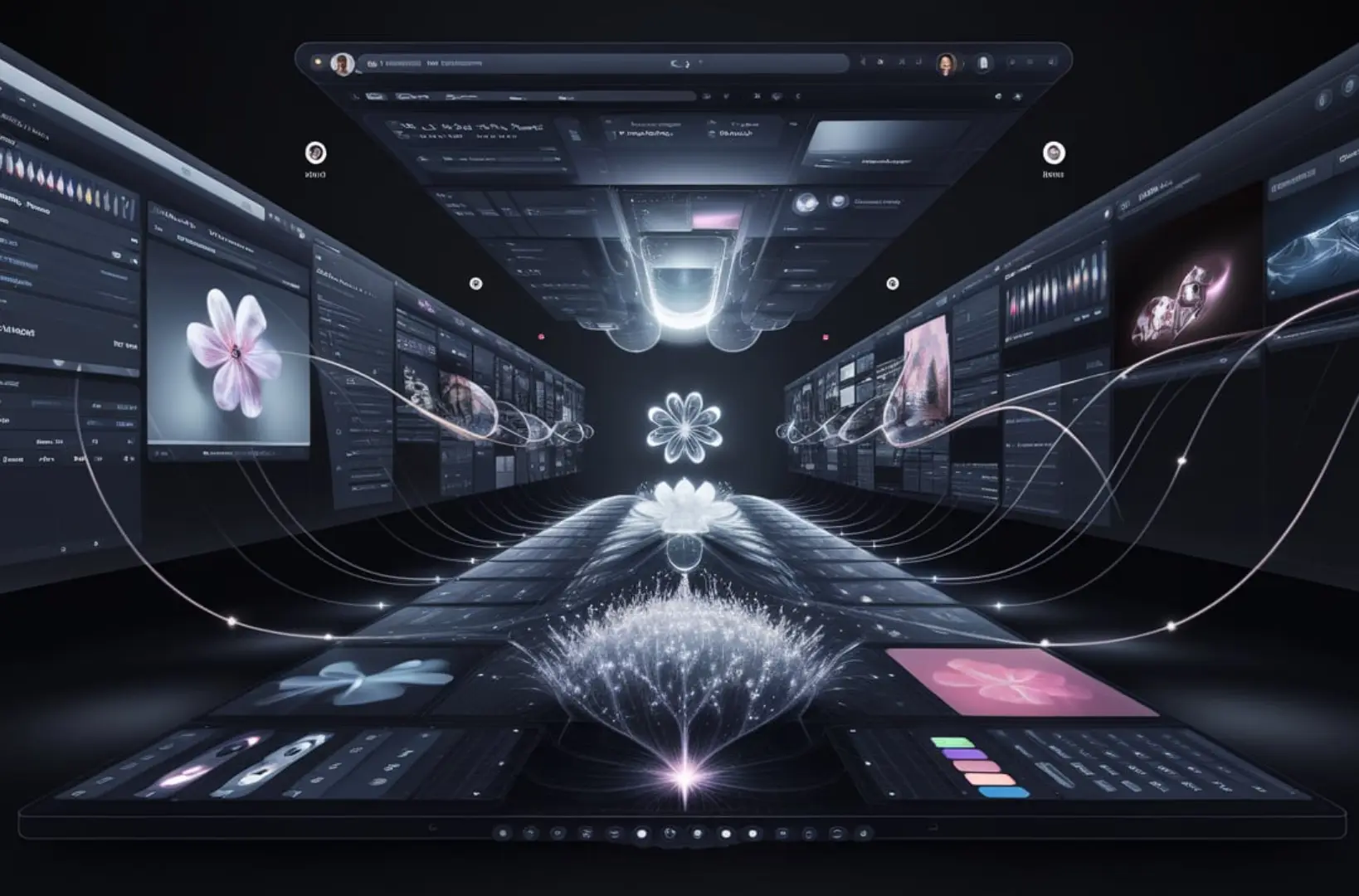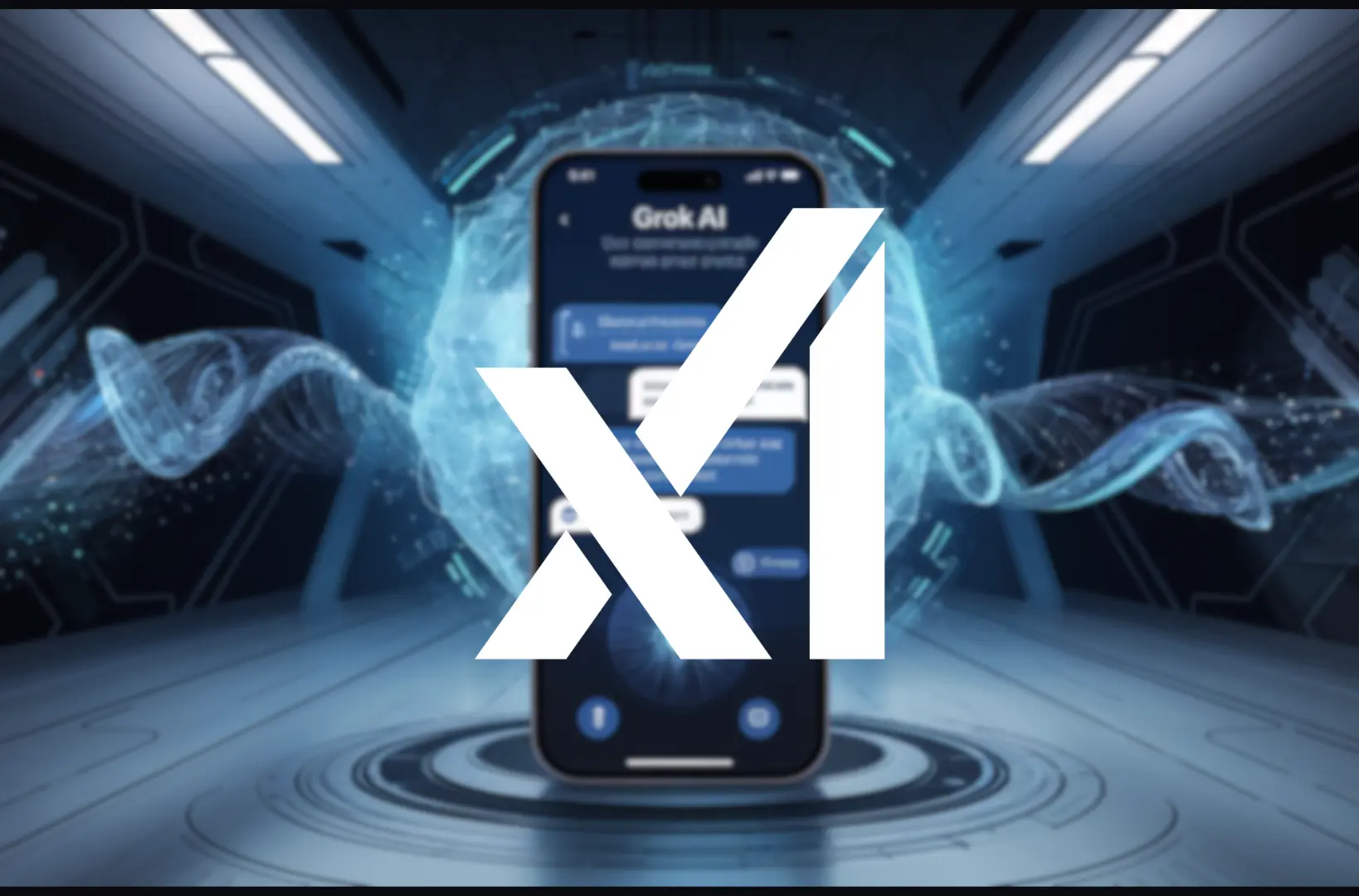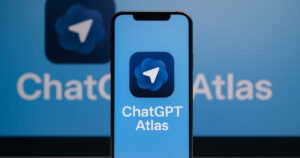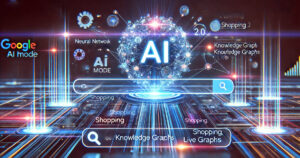In the rapidly evolving landscape of education marketing, AI-driven personalization has emerged as a game-changer. With the rise of digital learning, institutions and educational service providers must shift towards more customized, data-driven strategies to cater to diverse student needs. By leveraging artificial intelligence, companies can deliver personalized learning experiences, enhance student engagement, and optimize marketing strategies more effectively than ever before. AI-driven solutions enable dynamic course recommendations, predictive analytics, and adaptive learning environments tailored to individual preferences and capabilities.
Pearson, a global leader in education, is pioneering this transformation in the Asia-Pacific (APAC) region. With its vast and diverse population, APAC presents unique challenges in educational marketing, including language barriers, varied curricula, and differing technological infrastructures. Pearson’s AI-powered initiatives are designed to overcome these challenges, making education more accessible, effective, and engaging for students and educators alike. This article explores how AI is reshaping education marketing and how Pearson is leading the charge in this revolution.
The Role of AI in Education Marketing
AI-driven personalization utilizes data analytics, machine learning, and behavioral insights to create tailored experiences for students and educators. Unlike traditional, one-size-fits-all marketing approaches, AI enables a deeper understanding of user behaviors and preferences, allowing companies to engage with their audience more effectively.
In the APAC region, where diverse cultures and educational needs exist, AI enhances the ability to offer:
- Adaptive Learning Platforms: AI-powered systems adjust content delivery based on a student’s progress, strengths, and weaknesses, making learning more efficient and engaging.
- Targeted Content Recommendations: AI analyzes student interactions and suggests relevant courses, study materials, and additional resources to maximize learning outcomes.
- Real-Time Engagement Strategies: AI-driven chatbots and automation tools provide instant support, answering student queries and offering assistance whenever needed.
- Personalized Communication: AI optimizes email campaigns, social media ads, and other digital marketing strategies to ensure the right message reaches the right audience at the right time.
Pearson’s AI-Powered Initiatives in APAC
Pearson has been at the forefront of integrating AI into education marketing. Some of its key AI-powered initiatives include:
- Adaptive Learning Platforms – Pearson’s AI-driven platforms continuously analyze student performance and adjust course materials in real-time. This ensures that learners receive customized content suited to their learning pace and style, significantly improving retention and comprehension.
- Predictive Analytics for Student Engagement – AI-powered analytics tools help Pearson identify students who may struggle with coursework. By tracking learning patterns and behaviors, Pearson can intervene early, offering tailored support and resources to improve student success rates.
- Chatbots and Virtual Assistants – AI-driven chatbots provide instant responses to student and educator queries, reducing the need for human intervention and ensuring 24/7 support. These bots can answer frequently asked questions, offer course recommendations, and assist with administrative tasks like enrollment and scheduling.
- Hyper-Personalized Marketing Campaigns – Pearson employs AI to analyze user data and segment audiences based on interests, past behaviors, and learning goals. This enables more targeted advertising, personalized email marketing, and content recommendations, improving engagement and conversion rates.
Impact on the APAC Education Market
The integration of AI-driven personalization has significantly influenced the education sector in APAC in several ways:
- Enhanced Student Engagement – AI-powered recommendations and interactive learning tools keep students motivated by offering relevant and engaging content. This leads to better comprehension and retention of knowledge.
- Scalability in Diverse Markets – With a broad range of educational standards, languages, and curricula across APAC, AI enables Pearson to provide localized and culturally relevant learning experiences, expanding its reach to more students and institutions.
- Improved Marketing ROI – AI-driven marketing strategies allow for precise targeting and personalized messaging, ensuring that promotional efforts yield higher engagement and conversion rates while reducing costs.
- Bridging the Digital Divide – AI helps make education more accessible, particularly in remote or underserved areas, by offering adaptive digital learning solutions that cater to individual student needs.
Challenges and the Road Ahead
Despite its numerous advantages, AI-driven personalization in education marketing presents challenges that must be addressed to ensure long-term success:
- Data Privacy and Security Concerns – With the vast amount of student data being collected and analyzed, ensuring robust security measures and compliance with regional regulations is crucial.
- Accessibility and Infrastructure Limitations – Some regions in APAC may lack the necessary technological infrastructure to fully implement AI-driven solutions. Pearson is working on expanding digital accessibility to bridge this gap.
- Continuous AI Refinement and Bias Mitigation – AI models need continuous refinement to minimize biases and ensure fair, equitable learning opportunities for all students.
- Educator Adoption and Training – The successful integration of AI-driven tools requires proper training for educators to effectively utilize these technologies in their teaching methodologies.
To overcome these challenges, Pearson is investing in secure AI solutions, ethical AI practices, and the development of localized content that meets the unique needs of different markets. By fostering collaborations with educational institutions and policymakers, Pearson aims to create a more inclusive and data-driven learning ecosystem across APAC.
Conclusion
Pearson’s AI-driven personalization is revolutionizing education marketing in APAC, making learning experiences more engaging, efficient, and inclusive. As AI technology continues to evolve, its potential to reshape education will only grow, offering limitless possibilities for students, educators, and institutions alike.
With advancements in AI-powered adaptive learning, predictive analytics, and hyper-personalized marketing strategies, education providers have the opportunity to create more impactful and customized learning experiences. Pearson’s commitment to leveraging AI in education marketing sets a precedent for other companies looking to enhance student engagement and optimize their marketing strategies in the region.
As we look toward the future, AI-driven personalization will play an even greater role in transforming how education is delivered and marketed, paving the way for a smarter, more connected, and more accessible learning environment for students across APAC and beyond.

Jahanzaib is a Content Contributor at Technado, specializing in cybersecurity. With expertise in identifying vulnerabilities and developing robust solutions, he delivers valuable insights into securing the digital landscape.
